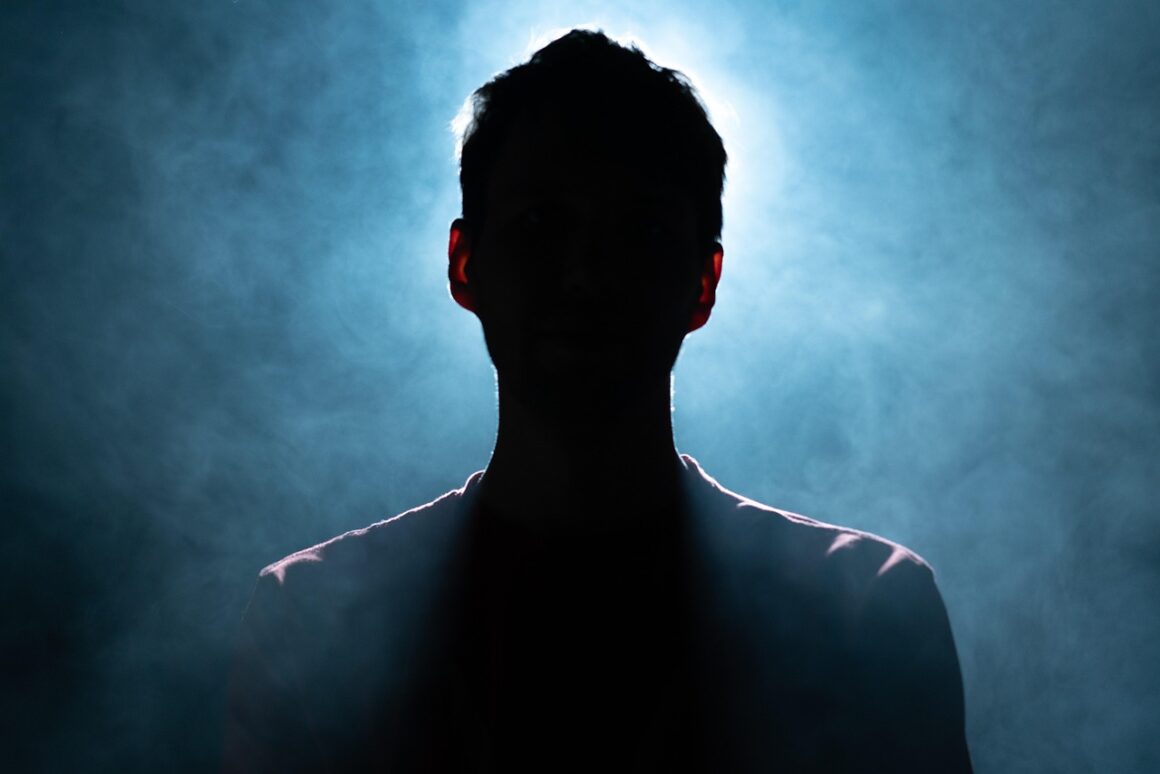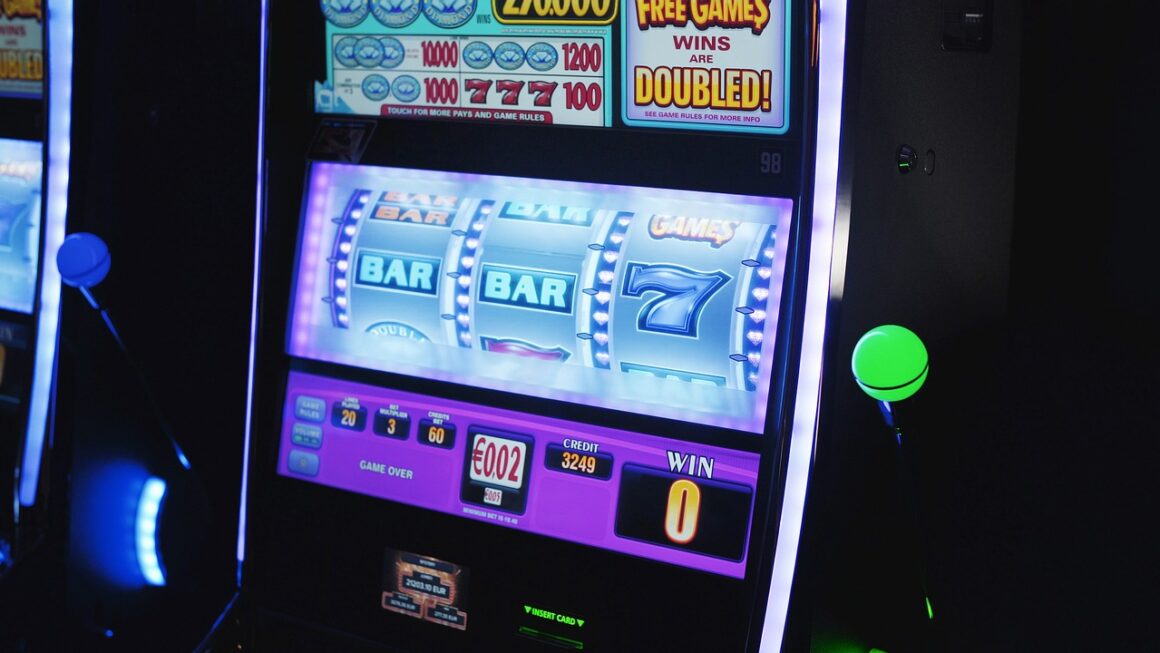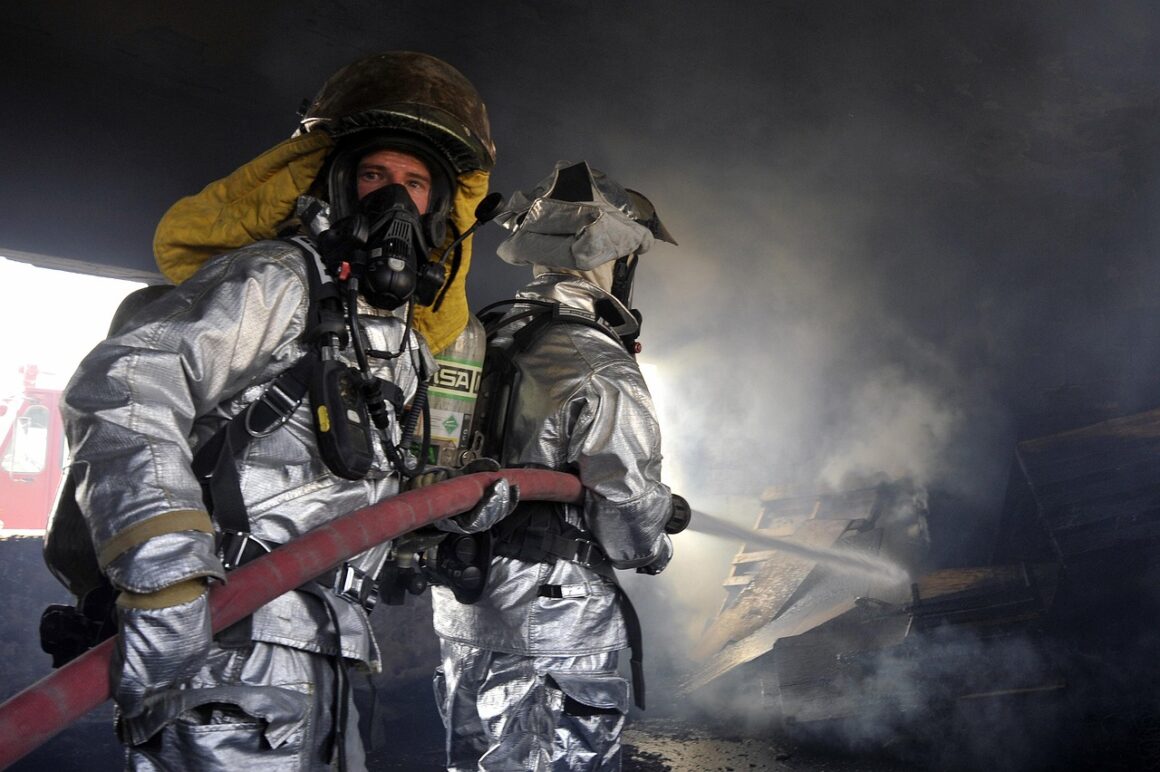I am Bangladeshi-American. And the thing is, I love being Bangladeshi-American. But I wasn’t always so embracing of my ethnicity and background.
There were times in my life when I wanted to be another ethnicity — when I didn’t completely appreciate being Bangladeshi. But as I grew, I became happier with who I was. I started to love wearing cultural clothing, I liked speaking Bangla (Bengali) more, and I fell in love with the country.
Yet, there are things that still bother me. When I would hear my friends and peers talking about Bangladesh, there was usually one thing in common: how much they disliked it. They would bring up getting sick from the food, getting stares from strange men, the bugs, the heat, etc. I’m not trying to invalidate their experiences or say that they’re wrong. Like any other country, Bangladesh certainly has its downsides. I myself can’t stand the bugs and I have to admit, it can get really hot.
But for some reason, the good sides weren’t really brought up in this conversation. The incredibly beautiful countryside? The diversity of wildlife? The kindness of the people? The beauty of hearing Bangla (Bengali) spoken again and again? The fact that our people worked so hard for independence? It didn’t seem fair to me that Bangladesh was so poorly talked about. If outsiders had listened to the conversation, they wouldn’t have considered visiting or learning about Bangladesh.
And as for me, I would be too shy to bring this up when my friends would discuss it. It seemed to be taken for granted that Bangladesh was an undesirable place, period. So how could I bring up that I actually liked the place?
Saying that the people around me hate Bangladesh would be a bit of a stretch and would also be something that I can’t be sure of. But this dislike for the country that is our culture and our ethnicity reflects a bigger problem in society, American society, to be more specific.
Growing up in America, it’s easy to internalize the culture that values European-Americans and white people. We see it in our media all the time. The representation of white models and movie stars far outnumber the colored ones. The beauty standard in America consists of colored eyes and small noses-features which are characteristic of Europeans. Assimilation is something that is almost expected of immigrants, yet at the same time, we acknowledge America’s diversity. We complain when people can’t speak English well, even though it signifies that they know other languages. Desi accents are laughed at, European accents are adored. America is constantly emphasized as the land of the free when it is clear that racism, discrimination, and hate are still at large. In this society, it is easy to see why children of color would become ashamed of their ethnicities and of their backgrounds. But that doesn’t mean it’s okay.
How can we ever claim America to be a melting pot if we refuse to accept all the different colors and ethnicities that come together? How can we ever attempt to dismantle white supremacy, if we ourselves are ashamed of not being white?
It’s time to stop being ashamed of our backgrounds, to stop being ashamed of our ethnicities, to stop being ashamed of being who we are. Now, don’t get me wrong. Whether or not you like America or another country better is completely up to you. But don’t belittle your background. Don’t belittle yourself.




